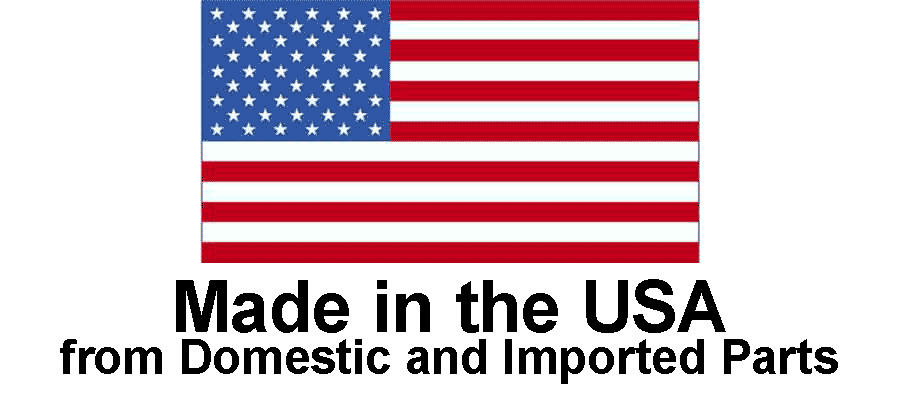
Advancement International Ltd.
595 Circlewood, Aurora, OH 44202(USA)
Email: sales@LugsDirect.com
Phone: 330-562-8983 | FAX: 330-562-9990
 |
Operated By: Advancement International Ltd. 595 Circlewood, Aurora, OH 44202(USA) Email: sales@LugsDirect.com Phone: 330-562-8983 | FAX: 330-562-9990 |
IHIConnectors |
Brumall Manufacturing Corp. |

Greaves Electrical Connectors |
Accepted forms of payment: |
||||||
ISO 9001 |
 |
||||||||
Antioxidant Paste
Oxidization
All metals, except for some precious metals, oxidize or chemically interact and combine with oxygen. When this happens with metal conductors, the resulting oxidization can cause additional resistance to electrical current.
Antioxidant Pastes and Conductor Termination Paste
Antioxidant paste is a grease applied to a surface to prevent oxygen and moisture in the air from touching that surface; It prevents oxidization. These pastes do not harm the conductor metal, insulation, or equipment when used following the manufacturer’s instructions.
Antioxidant pastes are made for use with both aluminum and copper conductors, but each paste is made for a specific conductor type. Do not use an aluminum wire antioxidant paste on a copper wire or vice versa. Only use an antioxidant paste designed for your specific conductor type.
Is Antioxidant Paste Required?
Termination connectors sold by Advancement International Ltd do not require the use of antioxidant paste, however the end use conditions for humidity, corrosion exposure, temperature range extremes, and cycles per year should be evaluated by the end user to determine if antioxidant paste is appropriate for their application.
The use of a listed antioxidant compound is always a good practice. Especially for aluminum wire and possibly for very fine stranded bare copper wire.
For aluminum conductors / wire, IHI generally recommends suitable antioxidant electrical grease and wire oxide layer removal per the aluminum wire manufacturers’ instructions.
For copper conductors / wires, antioxidants are not normally used since copper has a much slower buildup of oxide than aluminum does. Oxide buildup does not become much of a conductive issue until the copper is looking heavily tarnished. Tarnished copper wire and tarnished fine stranded copper wire especially should never be used to make a wire connection.
Using freshly stripped copper or discarding ends of wire that have been stored for a long time are important measures to ensure a bright copper stranding and to make a new gas tight wire termination joint that is not compromised with undue strand tarnish built in.
FLEX copper wires: It is apparent that with the fine stranded wires, like class K (0.01" diameter), there is massive increase in surface area of copper strands compared to coarser strandings of the same gauge. The contact pressure and gas tightness between the strands is important to maintain the voltage drop from joint resistance over time. Depending on the conditions under which the termination will operate, the use of a suitable long life wire antioxidant compound may be justified.
Choosing flexible copper wire that are tinned copper like class I/DLO can be beneficial. Similarly, use of CCA (Copper Coated Aluminum) fine stranded wire can be superior to bare aluminum wire. CCA wire should be treated with care since it is both fine stranded and aluminum core.
Copyright © 2026 Advancement International Ltd, Aurora Ohio - All Rights Reserved
Advancement International Ltd is a registered company of Ohio, USA
IHI® is the Registered Trademark of International Hydraulics Inc.
LugsDirect.com is owned and operated by Advancement International Ltd.
DUNS # 148692197, REGISTERED WITH CCR, CAGE / NCAGE NUMBER 5A6R9,
A2 WOMAN OWNED SMALL BUSINESS, NAICS 423610, SIC 3643,
Made in the USA from domestic and imported parts. USMCA CERTIFICATES AVAILABLE